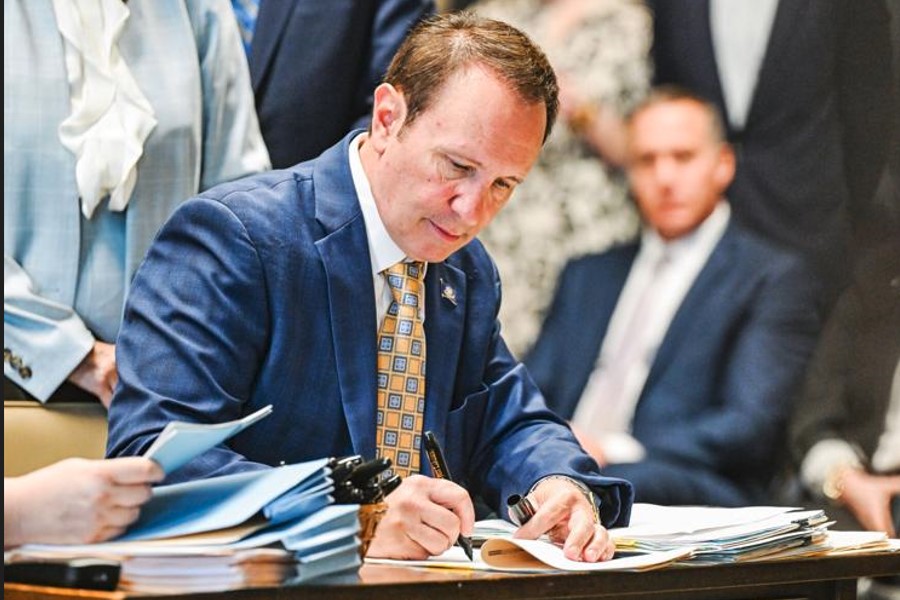Louisiana Governor Jeff Landry has enacted a new law permitting state judges to order surgical castration for individuals convicted of sex crimes involving victims under the age of 13.
Senate Bill 371, sponsored by State Senator Regina Ashford Barrow, is set to take effect on August 1 after being signed by the Republican governor on June 18.
The law allows Louisiana judges to punish offenders aged 17 and older with surgical castration if they are convicted of aggravated sex crimes against a victim under the age of 13.
According to the bill, the Department of Public Safety and Corrections will oversee the procedure, but it will not be carried out if deemed “not medically appropriate.”
Under the new law, a court-appointed medical expert must determine if the offender is “an appropriate candidate” for surgical castration within 60 days of sentencing.
“In all cases involving an offender sentenced to a period of incarceration or confinement in institution, the procedure shall be performed not later than one week prior to the offender’s release from the institution,” the legislation reads.
If an offender “fails to appear” as required by court order for surgical castration, the offender may be charged and sentenced to three to five years in prison without the “benefit of probation, parole, or suspension of sentence,” according to the new law.
The bill received bipartisan support in the state legislature. During a committee hearing in April, Republican State Senator Valarie Hodges referred to the measure as “a consequence” for those guilty of committing sex crimes against children.
“It’s a step over and beyond just going to jail and getting out,” Ms. Hodges said.
The legislation, proposed by Senator Barrow, builds on previous law by allowing judges to order physical castration for those convicted of sex offenses involving victims aged 13 or younger.
“We are talking about babies who are being violated by somebody,” the Democratic senator said at the committee meeting in April. “That is inexcusable.”
According to state law, voluntary castration for those convicted of rape has been an option since 2008. That year, the Legislature passed a law mandating that sex offenders be treated with medroxyprogesterone acetate (MPA).
“However, in lieu of treatment with medroxyprogesterone acetate (MPA), the court may order the defendant to undergo physical castration provided the defendant file a written motion with the court stating that he intelligently and knowingly, gives his voluntary consent to physical castration as an alternative to the treatment,” the act states.
Share your thoughts by scrolling down to leave a comment.













